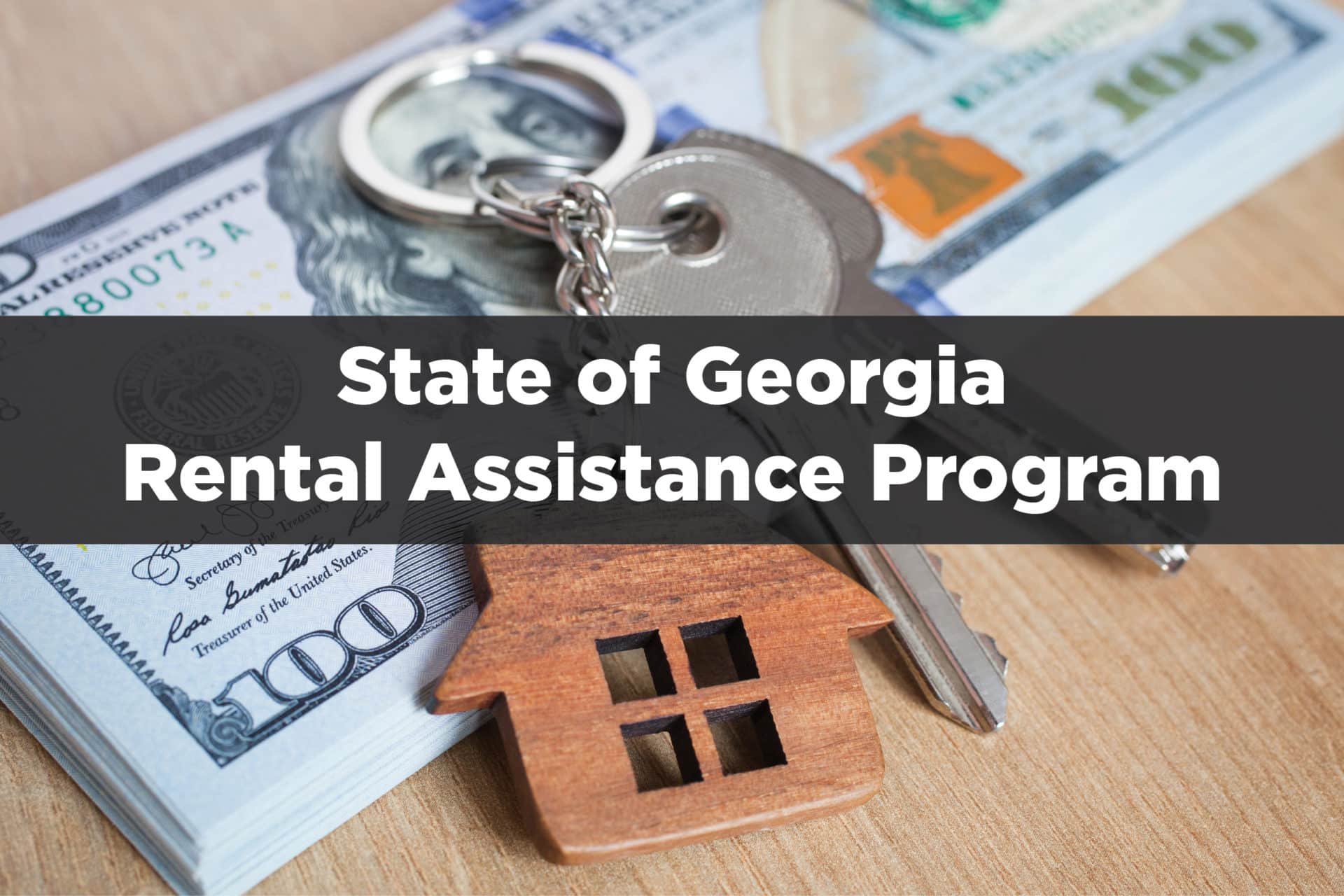Georgia Rental Assistance Program Provides Relief to Families Amid Pandemic

By Ashley Hoffman
Outreach Specialist, Georgia Department of Community Affairs
Georgia has seen an increase in people experiencing homelessness or housing instability despite the strides the Georgia Department of Community Affairs (DCA) has taken to help build strong, vibrant communities across the state. The COVID-19 pandemic has contributed greatly to factors attributing to this increase, which poses an immediate question to Georgia’s community leaders: what actions can we take to address this issue?
Funding from the United States Treasury granted the state of Georgia $552 million in federal Emergency Rental Assistance (ERA1) under the Consolidated Appropriations Act of 2021 and an additional $437 million in federal Emergency Rental Assistance (ERA2) under the American Rescue Plan Act of 2021.
These funds are used to provide relief to individuals, families, and landlords whose finances have been negatively impacted during the COVID-19 pandemic. DCA administers the funds through the Georgia Rental Assistance Program (GRA), which is providing rental and utility assistance to tenants, landlords, and utility providers statewide.
“We’re living in a pandemic that has impacted Georgians in many different ways,” said Tonya Cureton Curry, DCA deputy commissioner of housing. “Having these rental assistance funds available from the U.S. Treasury is an unprecedented opportunity to bring landlords and tenants current on rent and utility payments. DCA is working closely with all local jurisdictions and the U.S. Treasury to provide funding to those in need as we want to continue supporting as many Georgians as possible.”
This is the second expansion of the program since its inception. GRA expanded eligibility in May 2021, based on evolving federal guidance, to include renter households that receive a monthly federal subsidy. Only the tenant’s portion of the rent will be eligible for reimbursement and subject to existing program guidelines and limitations.

The program, made possible through the U.S. Treasury ERA funding, is available to all tenant households whose finances have been negatively impacted during the pandemic and who meet the following criteria:
- those who qualify for unemployment or have experienced a financial hardship due to the COVID-19 pandemic;
- those who demonstrate a risk of experiencing homelessness or housing instability and those who have a household income at or below 80% of the Area Median Income (AMI), with priority given to households below 50% of the AMI; or
- rental households that receive Housing Choice Voucher, Public Housing, Project Based Section 8, and other monthly federal subsidies (program eligibility is limited to the tenant’s portion of the rent).
Since the beginning of the GRA program in March 2021, millions of dollars in funding have been distributed to those who fell behind on rent during the pandemic. However, with nearly $1 billion in funding available for eligible Georgia renters and landlords and the recent statewide expansion, the need to educate renters and landlords about the GRA program remains.
“Helping to build strong, vibrant communities across the state is intrinsic to our mission to ensure that all children are in safe and stable families,” said Georgia Family Connection Partnership Executive Director Gaye Smith. “We can’t achieve that if children have no idea where they might put their head tonight. Not only is that a traumatic experience, but it interrupts their education and routine they so desperately need right now. It’s vital that our community leaders spread the word about this opportunity and what it means for our most vulnerable Georgians.”
For more information regarding the GRA program or to apply, visit georgiarentalassistance.ga.gov. Program assistance is also available by calling or texting 833-827-RENT. Resources are available in English, Korean, Mandarin Chinese, Spanish, and Vietnamese.
The Georgia Department of Community Affairs (DCA) partners with communities to build strong and vibrant neighborhoods, commercial and industrial areas through community and economic development, local government assistance, and safe and affordable housing. Using state and federal resources, DCA helps communities spur private job creation, implement planning, develop downtowns, generate affordable housing solutions, and promote volunteerism. DCA also helps qualified Georgians with low and moderate incomes buy homes, rent housing, and prevent foreclosure and homelessness.
